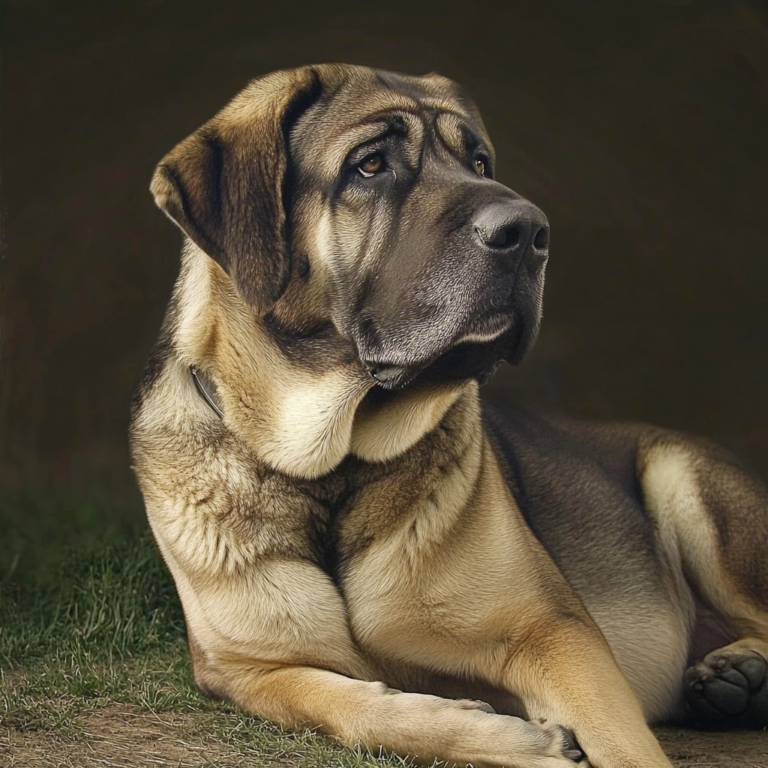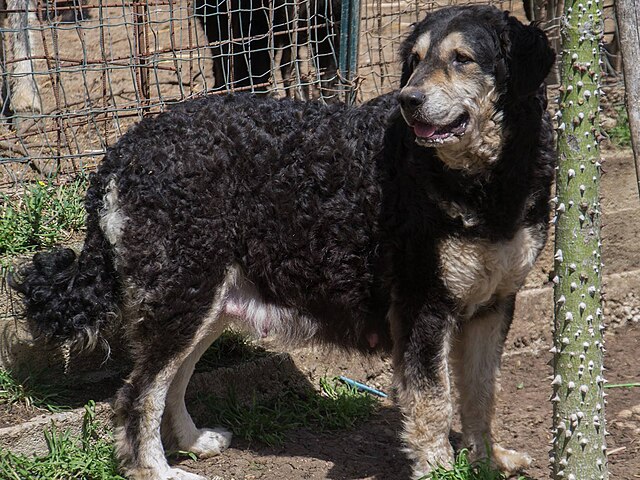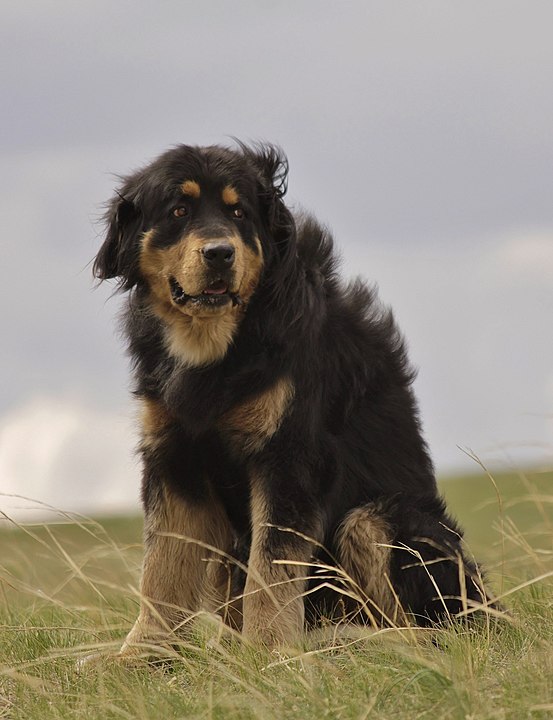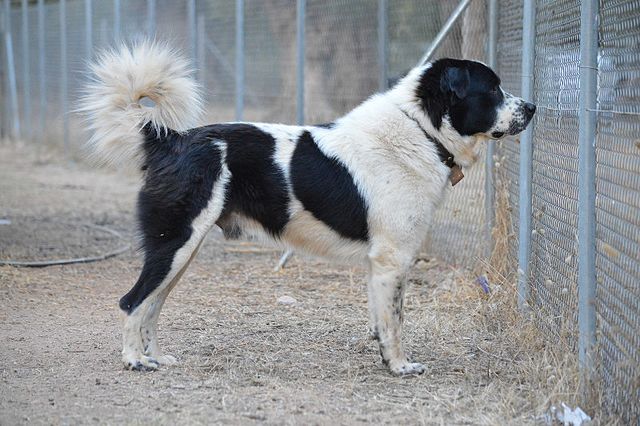The Greek White Shepherd is a Livestock Guardian Dog with a sensitive and loving nature towards humans and other animals alike. Although some assume it is just a color variation of the Greek Shepherd, there are clear differences in both physical traits and temperament between the two breeds, and the GWS is considered as a breed unto itself by the Kennel Club of Greece. This rare molosser is thought to be the result of crossing the Akbash Dog with the Slovensky Cuvac and the Skilos tou Pyrrou.
The Greek White is playful and easygoing most of the time but has the will and the courage to stand up to any type of foe. Traditionally this social breed would be raised with the livestock that he was tasked to protect although he can also play the role of estate guard. Like all LGDs, this is instinctual and does not need to be formally trained (and in fact, personal protection training is not recommended). An owner doesn’t even need to be at home for him to guard his property/livestock/charge. A lot of the time, the sheer size of this dog is enough to deter an intruder or wild animal but if not, he is ready and willing to engage!
GWS’s are known for their balanced temperaments and ease at becoming family pets. They are generally calm and not difficult to live with as long as their needs are met. One of those particular needs includes giving them company in the form of another dog or other pets/livestock which they can incorporate into their pack. They need to have something to watch over, especially if their owner isn’t home all the time, and they are so social that keeping them all alone for any amount of time doesn’t make for a great situation. They are known for the deep loyal bonds that they form with their owners, to the point that they can be hard to rehome if the situation calls for it. Aside from this particular requirement – as LGDs go they are surprisingly friendly, making them easier to keep than some related dogs. This said they are still likely to be initially hesitant when meeting a new person, as they need to assess each new human first before making any new friends. 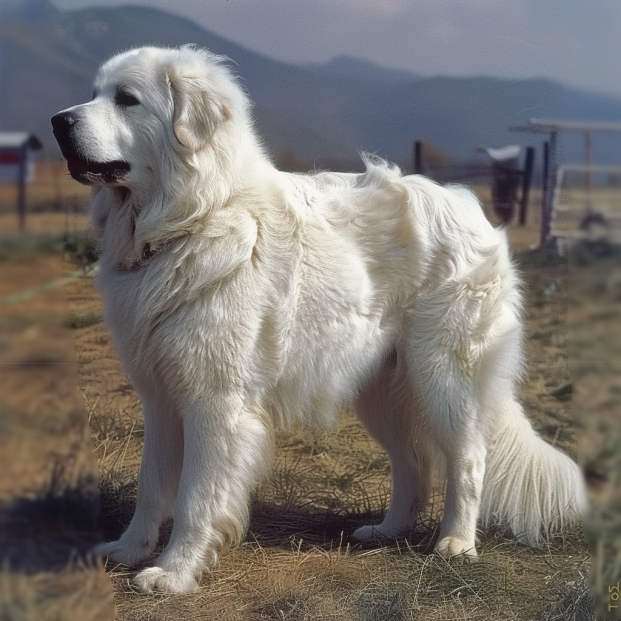
The Greek White Shepherd is intelligent although can also be strong-willed. This was important for the breed as they needed to be able to make independent decisions when guarding the flocks, and stick to those decisions! As many dog fanciers know, intelligence doesn’t always correlate with trainability and this is true for the GWS – which can be more difficult to train simply because they are so intelligent! Prospective owners shouldn’t expect a push-bottom obedience dog, but rather a dog which is more likely to follow their own judgement of a situation. This is not to say the dog shouldn’t be given any training at all – in fact the breed definitely needs basic obedience lessons from an early age – but that advanced training will take a lot more effort! It is also important to note that early socialization is critical for this breed and without it, will likely result in a dog with a less-than-desirable temperament.
Although very loyal, the Greek White doesn’t feel the need to be in everyone’s face or constantly underfoot. Aside from younger puppies which are naturally more playful and excitable, a mature dog adopts an independent nature and is most likely to find a spot to relax by himself where he can watch the action from afar. An autonomous and laid-back fellow, he doesn’t do well in a home that’s often filled with chaos – either of the stressful/heated variety or the party-atmosphere variety because he may feel the need to step in and put a stop to it. This might hopefully give a prospective owner an idea of how he might fit into their particular household… and which types of households are unsuitable. While he generally has a wonderful temperament he is still a giant protective breed that is not for the novice dog owner.
Because he tends to wander, a GWS needs a home with a fully fenced yard which can be escape-proofed if need be. That yard should be large enough for him to run and play in – as proper exercise is important, especially for young dogs still developing. A dog kept in a home without an adequate yard is likely to become destructive and frustrating to live with. A tall, secure fence is important as this breed can be prone to climbing or jumping! With all of these requirements put in place he can make a wonderful companion and steady guard.
